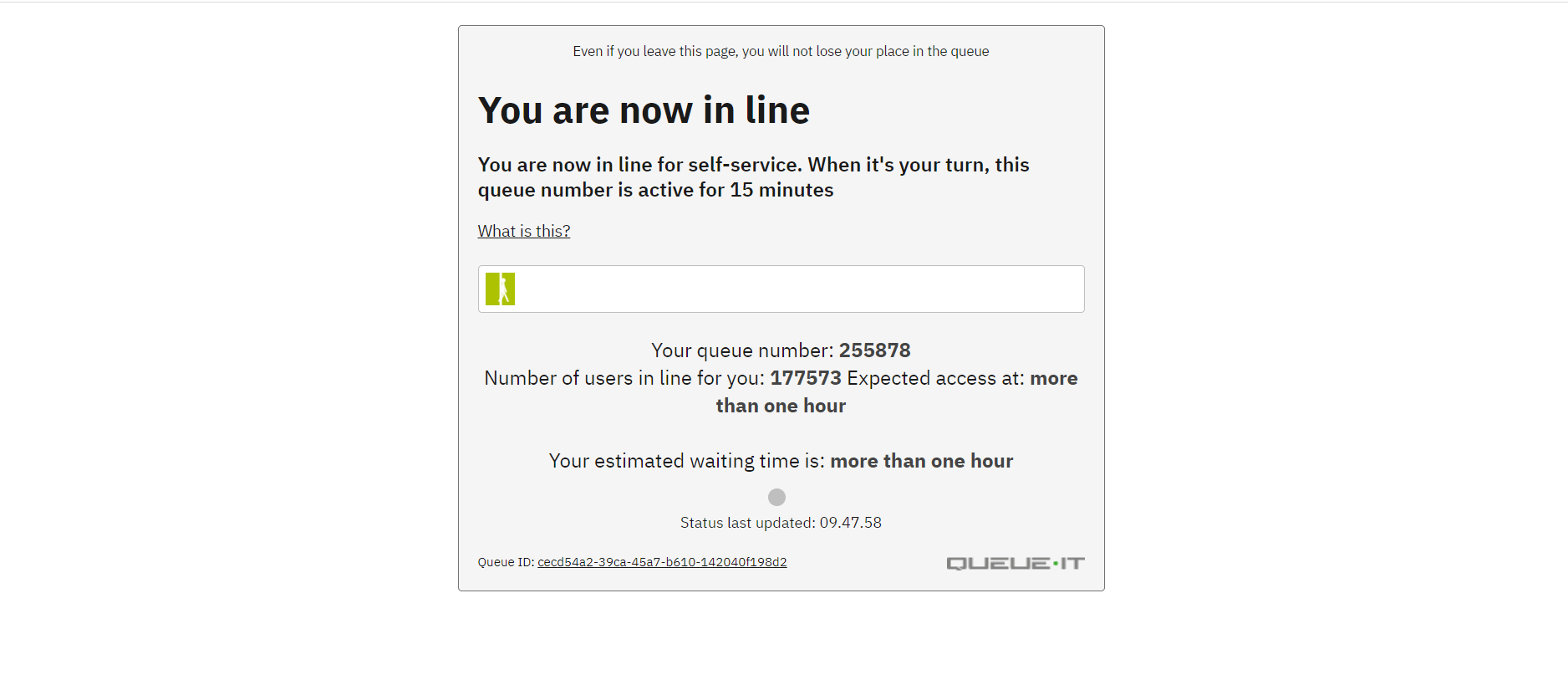As of around 10:40 this morning, 400,000 customers had joined the queue for their frozen holiday pay.
According to borger.dk, it will take them approximately 90 minutes to get their hands on their loot, and the money will be paid into their accounts within seven working days.
By the end of next week, therefore, an estimated 2 million people in Denmark will be better off, once they’ve been taxed, to the tune of somewhere between 10,000 and 30,000 kroner.
Good news for struggling companies
The higher the salary, the more they’ll get, which is great news for struggling businesses desperate for customers to stave off their coronavirus shortfalls.
“It’s good that the money can now start coming out and working. It is needed. We know that many companies are having a hard time getting the economy to run around due to the Coronavirus Crisis, and this injection can help get the wheels moving and thus save jobs,” enthused the employment minister, Peter Hummelgaard.
“I am convinced that many Danes will take it and spend more money – preferably with Danish companies – for the benefit of the entire economy.”
Available due to new system
The government decided to unfreeze the holiday money, which is the equivalent of three weeks’ worth, back in the spring.
The government had initially earmarked the money, which became available when the country switched over to a new holiday money payment system, for people’s pensions.
But the government reasoned they would benefit more from getting the money now, and that the spending would further boost the economy.
Taking the money is voluntary
People in Denmark have until December 1 to access the money via borger.dk using their NEMID. Failure to do so will result in the money being paid into their state pensions.
“When the last two weeks’ holiday pay will be paid has not yet been agreed, but the parties behind the agreement will decide later in the autumn,” added Hummelgaard.
The holiday pay will not be set off against maintenance benefits and will not affect the possibility of somebody being entitled to a public benefit.












